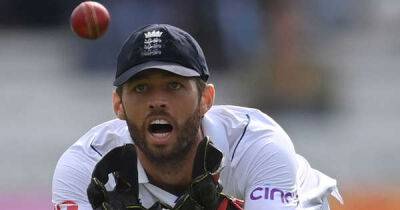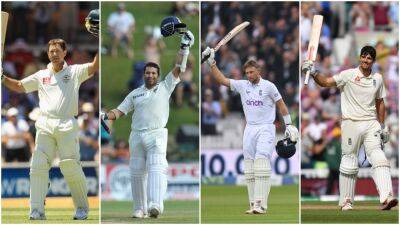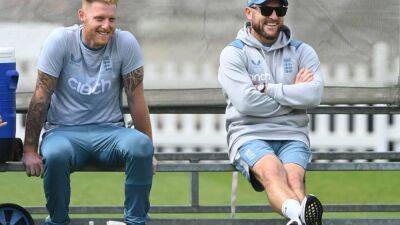McCullum brings appealing simplicity but English cricket has structural problems
There are plenty of people who say they can tell you what makes the All Blacks great. New Zealand’s rugby team support a cottage industry of articles, books, seminars and podcasts explaining their success. Exactly how their cricket side got to be the best in the world, though, when they have a smaller budget and player base than almost any other Test-playing nation, is a harder question to answer.
Not least because so many of the people who were involved along the way seem so reluctant to talk about it at any length. So the England and Wales Cricket Board, and its new managing director, Rob Key, brought in Brendon McCullum to let them in on the secret.
On Wednesday Key explained that “the biggest thing” McCullum had going for him when they decided to make him England’s new Test coach was “the fact that he’s done this with New Zealand”, adding: “He was the catalyst for the change in New Zealand cricket, and it made him someone that was just so attractive in that position.”
Whenever anyone does map out the story of New Zealand’s route to the World Test Championship, they usually start with McCullum and the meeting he held with Mike Hesson and a couple of other coaches after the team were bowled out for 45 in his first game in charge, at Cape Town in 2013.
McCullum later described it as “ground zero”. They spoke about the players they wanted to pick, the staff they wanted to hire and the way they wanted to play, which, they agreed, was radically different from how they had been going about it. So they, and the rest of the team, came up with a list of principles they wanted to live by.
You still hear Kane Williamson talking about them today. He describes them as “simple values which are important to our group and to all




